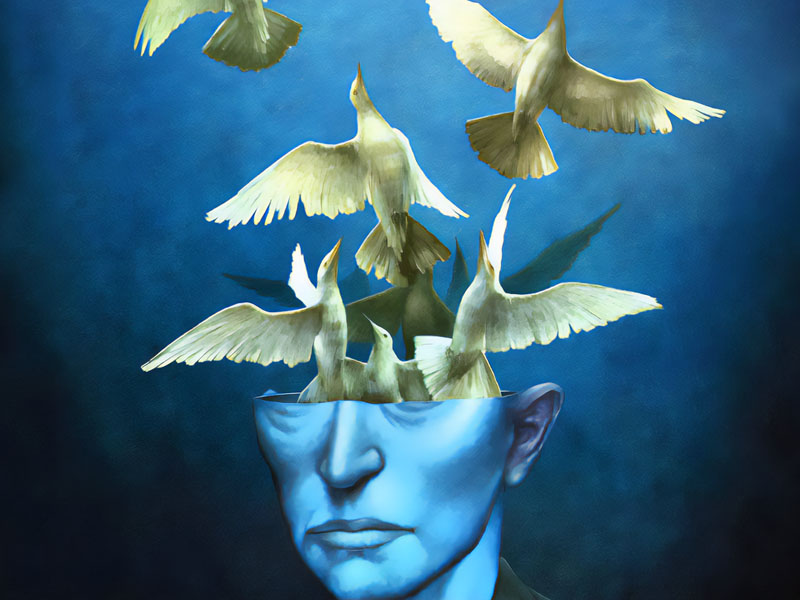Fiction in folktales
Issue 35

Bouchaib Alsawri
Morocco
The study of folktales, particularly humorous tales, raises several questions. What elements contribute to the tale’s creation? What is the tale’s origin? How does one build the plot of a folktale? What are the purposes of the tale and its narration? And how do the tales become fiction?

Folktales are orally narrated stories that are passed down through the generations and from place to place. Depending on the narrator’s memory, the tales may change slightly with each retelling.
Oral narratives are strongly related to and shaped by reality. Folktales are the literature of the people, especially the illiterate. They are the sole reference for some people who seek answers, clarification, analogies or allusions, because storytelling is an essential part of everyday life.
Tales depend on people; they cannot exist without them. As Heidegger put it, they are our shelters, our homes, our lives. They preserve our experiences, knowledge, perspectives and life lessons.
Although these tales may have common origins and their fictitious elements may make them unrealistic, they reflect aspects of local communities and changes in these communities. The text of the story refers to actual events and characters. Morocco’s humorous folktales reflect Moroccan society, its social and economic peculiarities, and cultural perceptions of Moroccan society.
This study attempts to focus on the distinctive characteristics of Moroccan folktales, especially humorous Moroccan folktales, and to highlight the structural peculiarities of these folktales.


































































